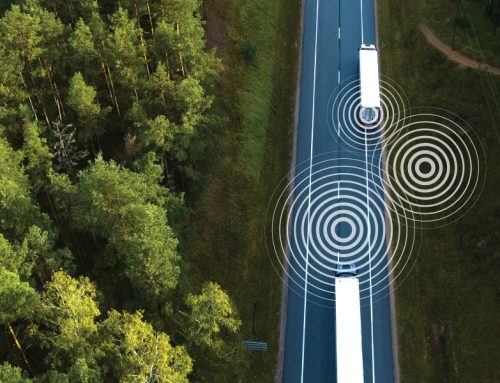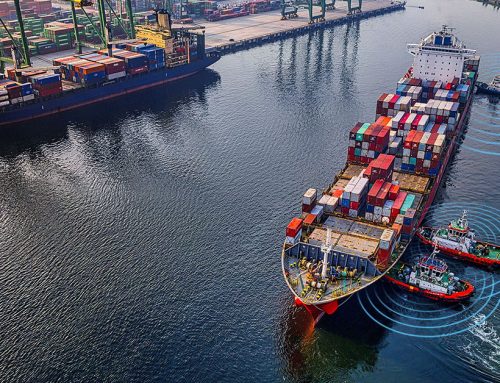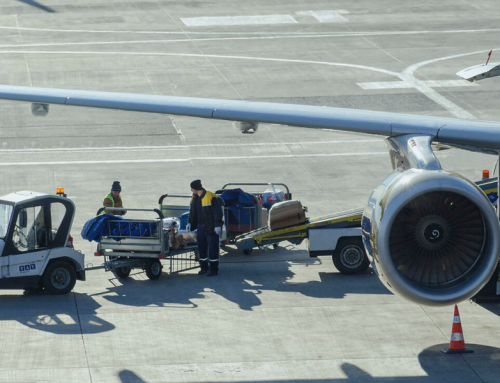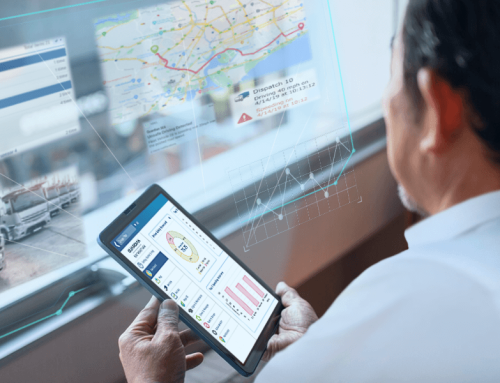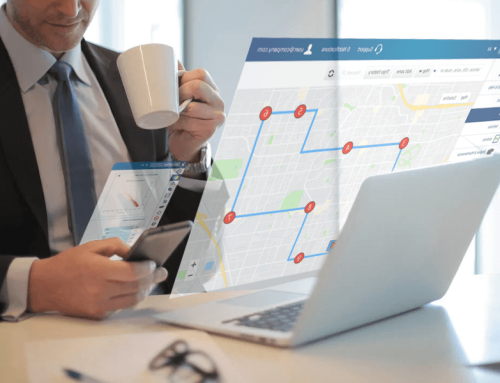
Fleet management is evolving fast. It’s no longer just about knowing where your vehicles are – it’s about using smart technology to drive down costs, improve performance, and keep everyone safe. With modern fleet management solutions, tools like GPS tracking, advanced safety systems, and real-time data are transforming how businesses optimise their fleets.
GPS Tracking: The Backbone of Fleet Efficiency
At the heart of any fleet management system is GPS tracking. It’s what gives fleet managers real-time visibility into their operations – allowing them to track vehicles, monitor fuel usage, and optimize routes. With GPS tracking, businesses can save on fuel by cutting down on idle time, taking the most efficient routes, and making sure drivers aren’t deviating from planned paths.
But it’s not just about where vehicles are; it’s also about how they’re being used. Fleet managers can get a clearer picture of driving behaviour, spotting inefficient practices like speeding or harsh braking that waste fuel and contribute to unnecessary wear and tear on vehicles.
Keeping Your Fleet Safe with Advanced Systems
In sectors like construction, logistics, and transportation, safety is crucial. That’s why advanced safety systems are an important part of a fleet management solution. Features like proximity sensors and 360° camera monitoring systems help protect both drivers and equipment on site.
Proximity sensors use radar or ultrasonic technology to detect nearby objects and alert drivers about potential hazards, such as workers or machinery in close proximity. Meanwhile, 360° cameras give drivers full visibility around their vehicles, reducing blind spots and enhancing safety, especially in tight or crowded spaces. Add night vision to the mix, and drivers have 24/7 confidence, even when working in low-light conditions.
Preventing Fuel Theft with Fuel Monitoring Systems
Fuel theft is a growing concern for fleet operators. However, with fuel monitoring systems integrated into smart fleet management platforms, businesses can prevent fuel theft and monitor fuel levels in real-time. These systems track refuels and drainage events, alerting managers if fuel is being stolen or diverted. By using these technologies, businesses can ensure that fuel is used properly and prevent unnecessary losses.
Fuel sensors can also provide additional insights into fuel usage patterns, helping fleet managers detect anomalies and take immediate action if any suspicious activity is detected. This level of real-time monitoring ensures that fuel theft is minimized, further lowering operational costs.
Driver Fatigue Monitoring: Addressing the Silent Risk
One of the biggest risks to fleet safety is driver fatigue. Tired drivers are less focused and more likely to make mistakes. This is where driver fatigue monitoring comes in. These systems track signs of fatigue, like yawning or distracted behaviour, and send immediate alerts to the driver to keep them engaged.
For fleets operating long hours or night shifts, fatigue monitoring is essential for preventing accidents and ensuring drivers stay alert on the road.
Fleet Performance Insights with Analytics
A fleet is only as efficient as the data it’s built on. With fleet analytics, fleet managers can get deep insights into performance—fuel usage, maintenance schedules, driver habits, and much more. By monitoring this data, businesses can pinpoint areas for improvement, whether it’s adjusting routes to save fuel or scheduling preventive maintenance to avoid costly breakdowns.
With reporting tools that allow for customisation, fleet managers can generate reports on specific metrics like fuel consumption or driver behaviour, giving them the clarity they need to make informed decisions. These insights can be game-changing in terms of both safety and operational efficiency.
Customisation for Growing Fleets
As your fleet grows, so do your needs. The beauty of modern fleet management systems is that they’re highly scalableand customisable. Whether you’re adding new vehicles or expanding operations, the system can adapt to fit your business. You can add features like fuel monitoring sensors, set up geozones for specific areas, or integrate the system with other tools you use to manage your business.
The flexibility to adjust and add features as needed ensures that as your fleet grows, you can keep operations running smoothly without missing a beatI.
Incorporating GPS tracking, advanced safety systems, and fleet analytics into your operations can dramatically improve fleet efficiency, safety, and performance. With real-time tracking, safety alerts, and performance insights, fleet management becomes more manageable and cost-effective.
Guardian is here to help you optimise your fleet’s performance with the latest in fleet management technology. Get in touch today to learn more about how our solutions can boost your fleet’s efficiency, safety, and bottom line.


